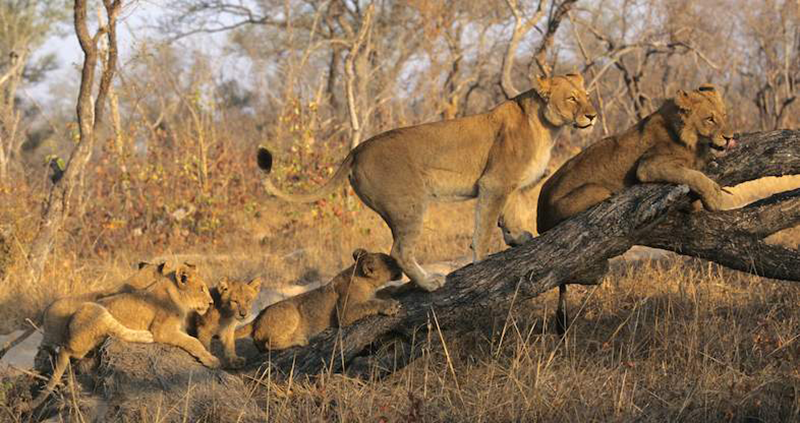
Planning Your First Safari
f there is one certainty in life it is the fact that any nature lover when planning a bucket list of activities will have at least one entry that outlines a trip to Africa – and it almost another certainty that the trip that will be planned will include a Safari experience.The attraction of an African Safari are not difficult to fathom. It is one of the last great bastions of unspoiled wildlife on the planet. It boasts exceptional national parks and private game reserves which will cater to just about every taste and wallet. However, prior to stepping onto the plane for the Mother Continent – what planning should the aspirant Safari goer undertake?
Here are some great hints that will allow those who are setting off on the adventure of a lifetime to ensure that they will get the most out of the experience.
You may want to see the sun set over the Savannah or dine under the African stars – but you are going to select what sort of Safari adventure suits your pocket. You can cut down on those costs by building your own itinerary and cherry picking just what you want to experience. However, if you want to enjoy the safari in the lap of luxury it is going to cost you a pretty penny – private game lodges are marketed to the wealthy – and most of them charge in dollars. That said there are plenty of national parks that offer great camping facilities – and still give you the opportunity to really experience the safari feeling. Kruger National Park is one example – and it is truly one of the best national parks in Africa.

Work out your priorities. If you want to see the Big Five (elephant, buffalo, leopard, lion, and rhino) then the best places for the first timer would include either South Africa or Kenya – both renowned for the quality of the safari experiences that they offer. Tanzania and Zambia should also be on your radar. if you have cash to burn them Botswana and it’s many upmarket lodges is also worth a look.
When should you visit? That’s a matter of personal preference. each season has its pros and cons. The dry season falls roughly between May and September – but it is variable by country. The dry season is great to spot animals as the bush is less sparse and many game parks have man made watering holes that attract a variety of game. The wet season which falls (again roughly) between October and February offers lush bush and most closely resembles the picture that many have of the African bush land of Hollywood fame.
Once again the style of safari experience that the visitor wishes to enjoy is an important part of just how those memories will be made. Private game reserves offer a more intimate (sometimes off road) experience which offers experienced guides and a close up view of the animals that you will be hoping to see. there are also horse riding options and walking Safaris. There is also the very attractive option of ‘glamping’ in countries such as Botswana – but that can be pricey. The alternative is to camp out and make use of a private or hire car and explore the African veldt on well maintained roads in places such as the Kruger National Park
Let’s get the pesky malaria worry out of the way. yes there are areas in sub-Saharan Africa where Malaria is common – but there are also great game parks that are Malaria free. Phinda in KwaZulu Natal South Africa is only one example.
What ever you choose your first African Safari will be one that will remain fresh in your memory forever – so take some time to plan and make the most of your trip to the Mother Continent.